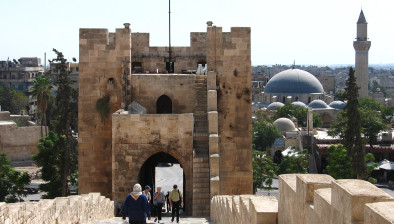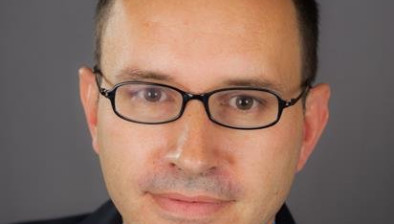Human rights groups hope for future with justice and accountability in Syria

Credit: Ivan Radic, CC BY 2.0
Rights organisations have welcomed the dramatic overthrow of Syrian dictator Bashar al-Assad as an opportunity to “chart a new future built on justice, accountability, and respect for human rights”.
Assad is said to have fled to Russia on Sunday as various paramilitary forces reached Damascus less than two weeks after the Syrian civil war reignited with the unexpected fall of Aleppo.
It is not yet clear what the future holds for Syria, with different parts of the country currently under the control of different opposition groups — with radically different ideological leanings — as well as foreign military powers including Turkey, the US, Israel and Russia.
Agnès Callamard, Amnesty International’s secretary general, said yesterday: “After over five decades of brutality and repression, the people of Syria may finally have an opportunity to live free of fear with their rights respected.
“Under the rule of Bashar al-Assad — and before him his father Hafez al-Assad — Syrians have been subjected to a horrifying catalogue of human rights violations that caused untold human suffering on a vast scale.
“This included attacks with chemical weapons, barrel bombs and other war crimes, as well as murder, torture, enforced disappearance and extermination that amount to crimes against humanity.
“This historic opportunity must be now be seized and decades of grave human rights violations redressed.”
Lama Fakih, Middle East director at Human Rights Watch, added: “The fall of Bashar al-Assad’s government offers Syrians an unprecedented opportunity to chart a new future built on justice, accountability, and respect for human rights.
“For Syrians scattered across the globe, the dream of accountability for years of crimes and brutality is closer to becoming a reality.”
Both organisations have urged all parties to the conflict to fully respect the laws of armed conflict, including by not attacking surrendering government forces.
They also called for efforts to preserve evidence of human rights abuses for future trials and international investigations.
“As much as possible in the circumstances, attempts must be made to collate and preserve evidence of any crimes committed, past or present, to ensure accountability,” Ms Callamard said.
“It is vital that prison records and other documentation is preserved, as such information could provide critical evidence on the fate of the disappeared and be used in future prosecutions and trials for crimes under international law.
“We urge the international community to centre Syrian voices in this transition. They must support the victims of the Assad government’s atrocities to secure justice and reparations for crimes under international law in Syria.
“This includes launching universal jurisdiction cases against suspected perpetrators, and supporting the International, Impartial and Independent Mechanism for Syria as well as the UN institution on Missing Persons recently established to clarify the fate of the disappeared.”
Ms Fakih said: “Whoever emerges as Syria’s new leadership should make a full and determined break from the repression and impunity of the past and establish a system that respects the human rights and dignity of all Syrians regardless of background or political views.
“They should swiftly move to preserve and protect evidence of crimes and abuses by the former government and ensure fair, impartial justice going forward.
“Armed opposition groups should send a strong and unequivocal message to factions and fighters that unlawful attacks, including those targeting individuals based on perceived ties to the former government, will not be tolerated.
“They should commit to ensuring the humane treatment of all individuals, including former government officials and soldiers, affiliated fighters, and loyalists.”










